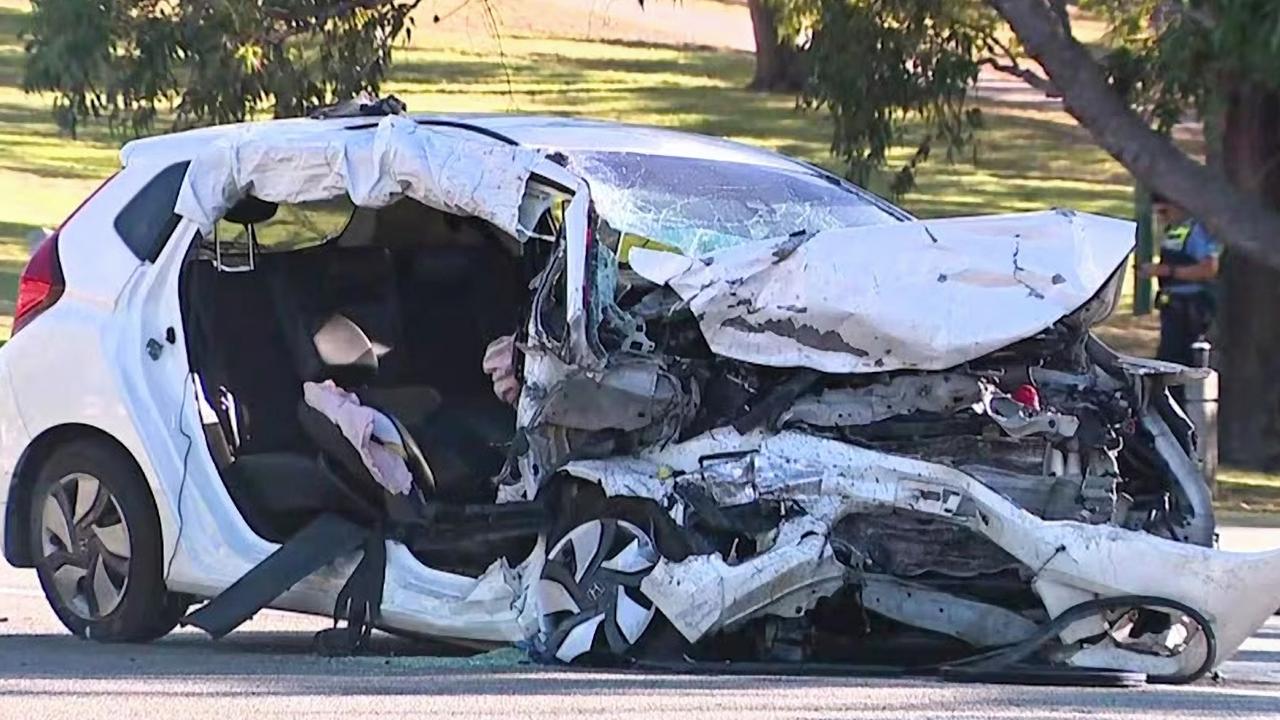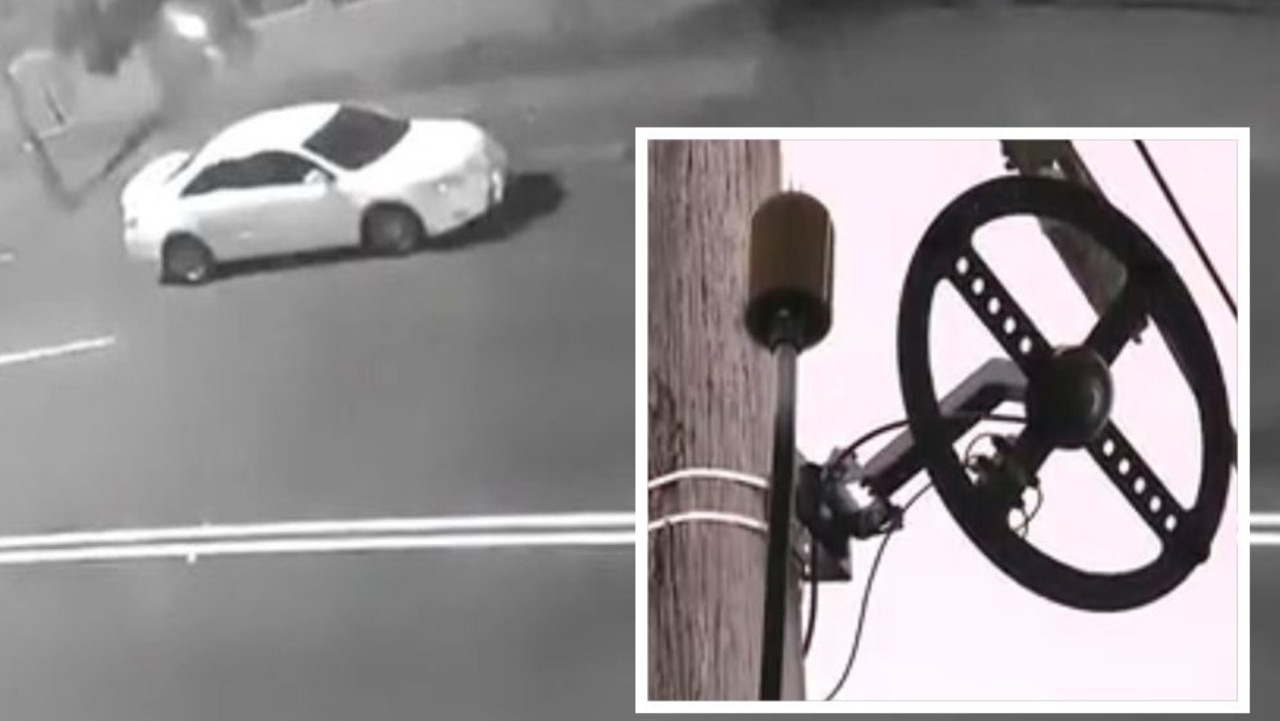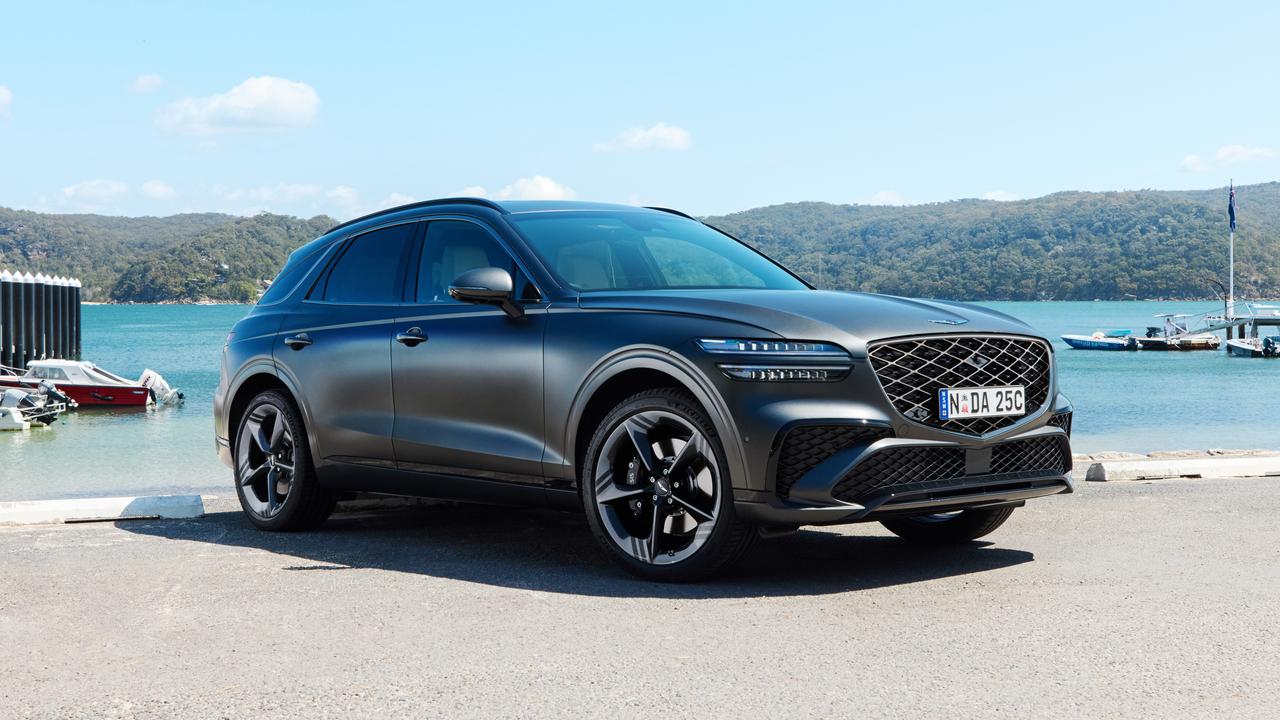Plan to tax monster utes, SUVs into oblivion in Melbourne and Sydney
Super-sized American-style pick-up trucks and SUVs would be taxed off the roads under a radical new proposal.
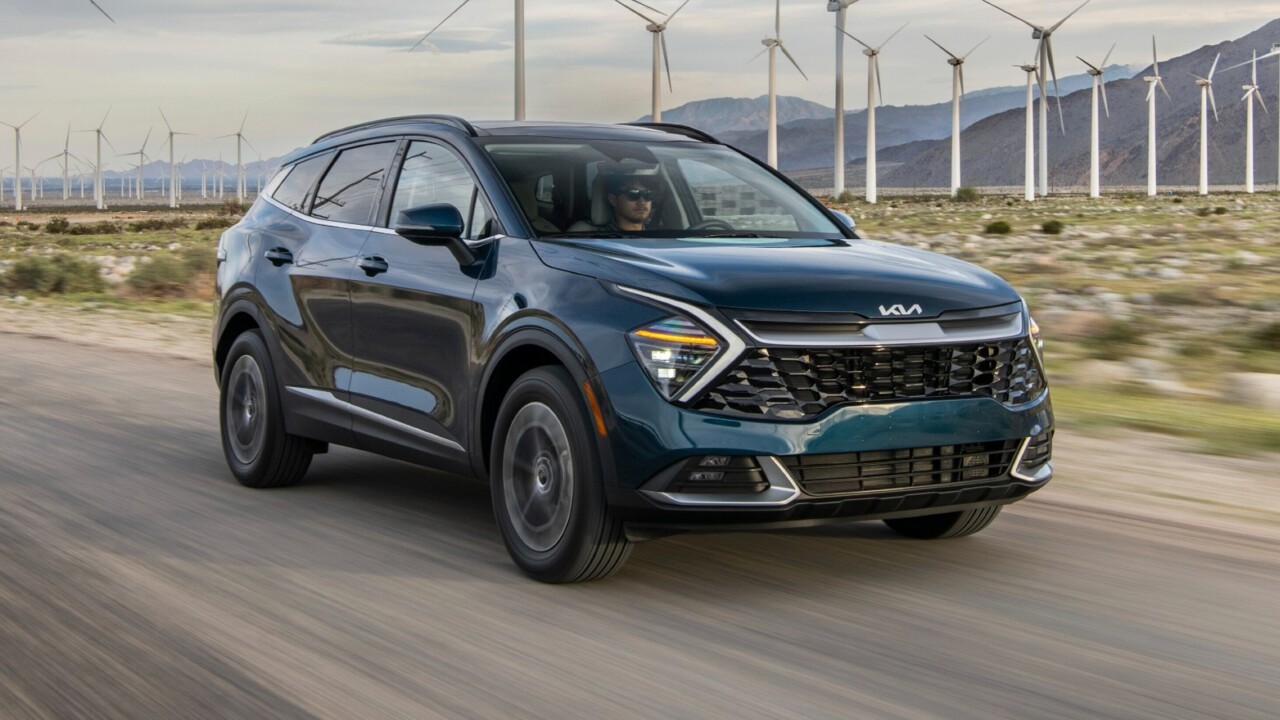
Super-sized American-style pick-up trucks and SUVs could be charged higher parking fees by some councils under plans to tax the controversial vehicles off city roads.
Trucks like the Ford F-150 and the RAM 1500 have exploded in popularity in Australia in recent years, sparking backlash from some motorists who say the oversized vehicles are clogging roads and parking spaces not designed for them.
This week, Yarra City Council in Melbourne will vote on a motion by Greens councillor Sophie Wade to investigate “ways to make travelling on Yarra’s streets more equitable and discourage large and heavy vehicles on Yarra’s streets, including by considering proportionate parking fees based on a vehicle’s size”.
“Kids are eight times more likely to die when hit by a SUV compared to a normal passenger car,” the motion says.
“Larger cars are more polluting and have a greater climate impact. If SUVs were a country, they would rank as the sixth most polluting in the world.”
NSW Greens transport spokeswoman Cate Faehrmann told The Sydney Morning Herald on Saturday that “the size of SUVs is getting ridiculous” and backed measures to discourage their use when not required for genuine work.
“Big SUVs are taking up a lot more road space, including when they’re parked, so if higher parking fees make a few drivers catch the train or ride their bike instead then bring it on,” she told the newspaper.
Randwick Greens Mayor Philipa Veitch told The Sydney Morning Herald she was open to all options to discourage oversized SUVs which “are clogging up our roads and are a menace for pedestrians and cyclists”.
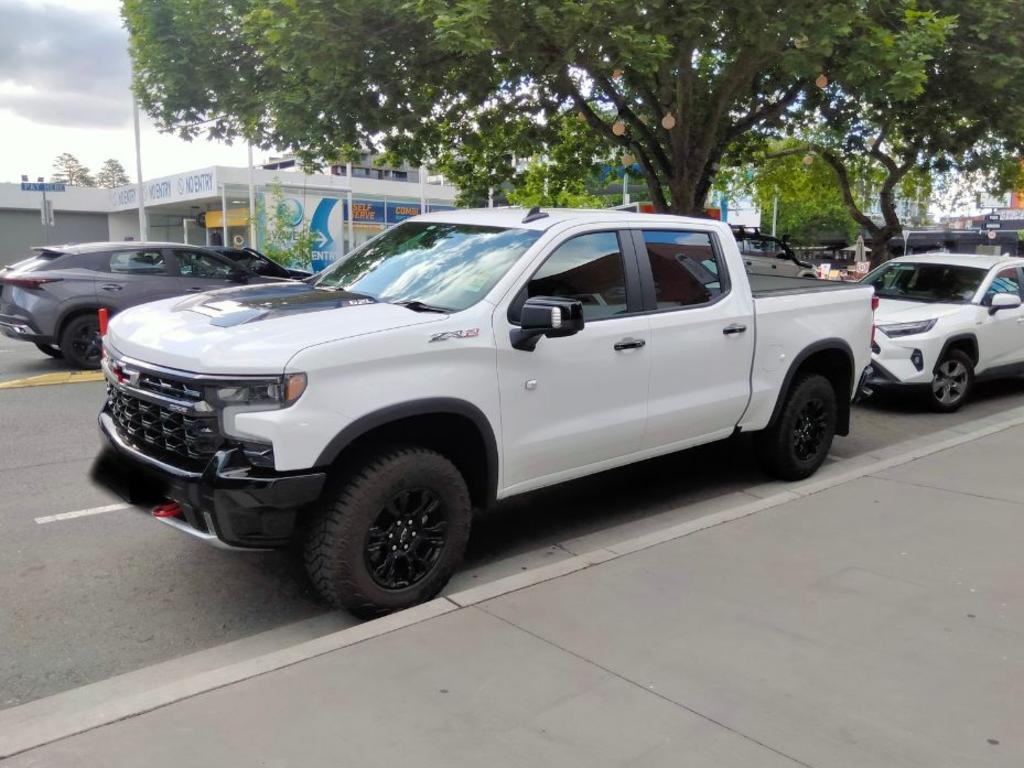
But the City of Sydney said it had no plans to raise parking fees on bigger cars, and Woollahra Greens councillor Nicola Grieve told the newspaper that while big cars were a problem “any increase in parking fees must include triggers to reduce CO2 emissions” as “basing a charge on weight alone will perversely discourage the switch to EVs as they are heavier due to their batteries”.
Last month, Parisians voted to triple the cost of parking for SUVs compared to standard-sized cars, from €6 ($9.90) an hour in the city centre to €18 ($29.70).
The price increases, backed by 54.6 per cent of residents, will apply to vehicles with combustion or hybrid engines weighing more than 1.6 tonnes and electric vehicles weighing more than two tonnes.
David Mepham, an urban access consultant and author of the book Rethinking Parking, told news.com.au he could see merit in the Paris move.
“Other cities are paying very close attention to this,” he said.
“SUVs are actually some of the most unsafe vehicles on the road for pedestrians with a fatality rate that is significantly higher than other vehicles.”
Last year, Standards Australia proposed increasing the length of off-street parking spaces by 20 centimetres, from 5.4 metres to 5.6 metres, to fit Australia’s increasingly bigger cars.
The standard size of car spaces on streets and in parking lots has been 5.4 metres long and 2.4 metres to 2.6 metres wide, enough to fit passenger vehicles and light commercial vehicles, including utes.
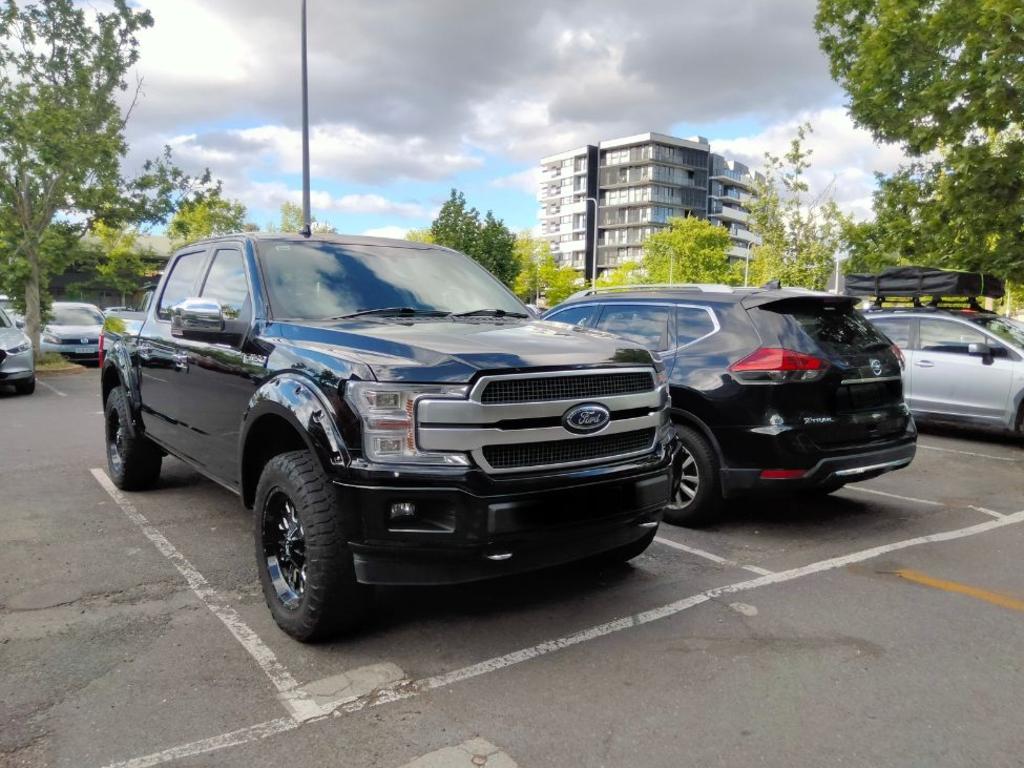
A 2023 model Toyota HiLux can squeeze into a current standard carpark with 7.5 centimetres to spare, lengthwise, but the RAM 1500 overhangs by 43 centimetres. In a 2.4-metre wide carpark, a RAM’s width overhangs, too.
The proposed extra 20 centimetres will only halve the RAM’s overhang.
Critics of imported American-style trucks slammed the proposal, arguing against any changes to Australian streets to accommodate bigger cars.
“Part of our big issue with the Standards Australia proposal is that it codifies a worrying trend of [making] larger and larger vehicles,” Jonathan O’Brien, lead organiser at YIMBY Melbourne, said last year.
“Realistically, it would just be a 3 to 4 per cent reduction in parks. So not a huge difference materially, but it’s codifying a trend of accommodating trucks that take up more infrastructure.”
Mr O’Brien said he was “firmly of the belief that these cars should be taxed out of existence”.
Paul Maric, co-founder of CarExpert.com.au, earlier this year decided to see what all the fuss was about, saying that he spent a month driving a “huge American pick-up truck” — a 2024 Ford F-150 Lariat long wheelbase — and “loved it”.
“What I found most fascinating was how upset some people got at the thought of the vehicle existing and being around them, along with the assumption that the person driving it is driving it because they want to annoy other drivers on the road,” he wrote.
“The glares from onlookers were paired with one older Tesla-driving bloke asking, ‘Do you really need to be driving that thing? Do you know how much damage that does to the roads?’, as if I needed a signed permission slip from him to pick the car I wanted to drive.”
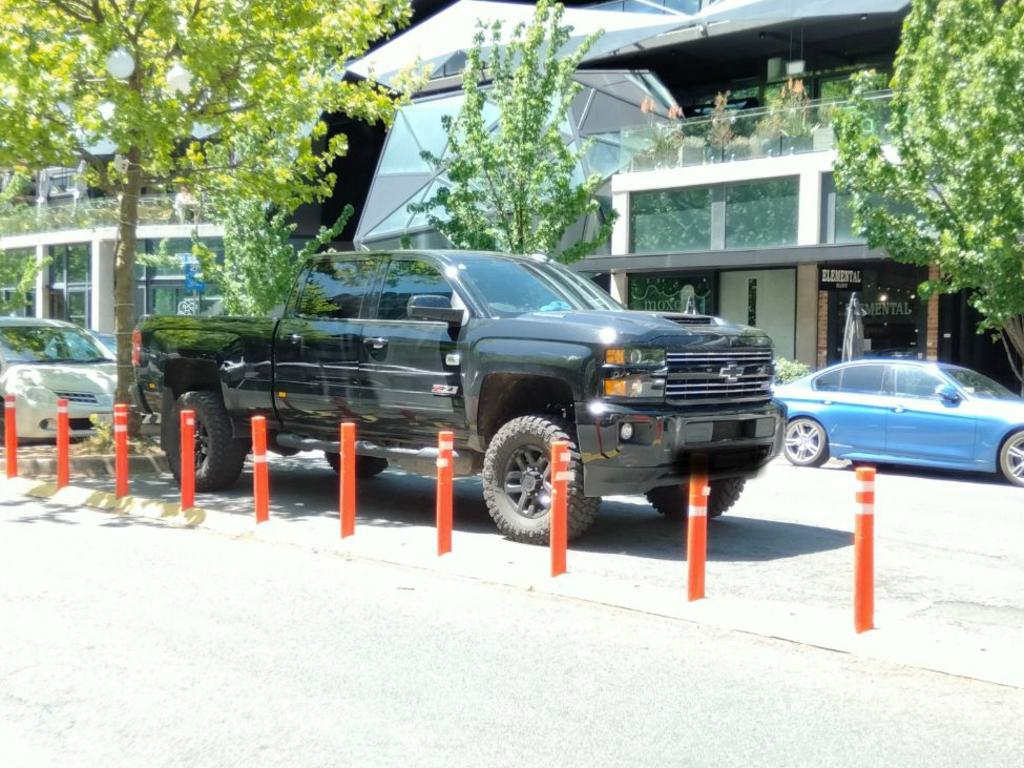
Richard Denniss, executive director of the Australia Institute think tank, last month called for a crackdown on “expensive, inefficient and dangerous” twin-cab utes and large SUVs, which he said had soared in popularity due to generous tax breaks.
“Economics 101 says we should tax things we want fewer of and subsidise things we want more of, but in Australia we subsidise the purchase of twin-cab utes and charge goods and services tax on bikes and public transport,” Dr Denniss said in an opinion piece for The Guardian.
SUVs and light commercial vehicles made up more than three quarters of all new car sales in 2022, according to the Federal Chamber of Automotive Industries (FCAI).
It comes amid ongoing debate about the Albanese government’s proposed new carbon emissions standards, slated to take effect next year, which carmakers and the federal opposition claim could drive up the price of the most popular utes and SUVs.
Energy Minister Chris Bowen and Infrastructure Minister Catherine King have repeatedly insisted that the New Vehicle Efficiency Standard (NVES) will not affect price or availability.
“That hasn’t happened anywhere else in the world, and why would it happen in Australia?” Mr Bowen told the ABC’s Insiders program on Sunday.
“Peter Dutton is arguing that Australians deserve less choice and should be paying more for more petrol. He can make that argument if he wishes. The government chooses to make the argument that it’s about time Australia catches up with the rest of the world and gives Australians better choices.”
Figures compiled by the FCAI suggest the top-selling car in 2023, the Ford Ranger, would incur a penalty of $6150 under the proposed 2025 CO2 target and by 2029 the same vehicle — assuming no efficiency improvements in that time — would incur a penalty of $17,950.
A Tesla Model Y, on the other hand, would incur a carbon credit of $15,390 under the new rules, according to the FCAI’s modelling.
More Coverage
Tesla last week announced it was withdrawing from the industry body over its public comments against the new emissions standards, with fellow electric carmaker Polestar following suit.
— with Michelle Bowes




